Tutorial Speakers
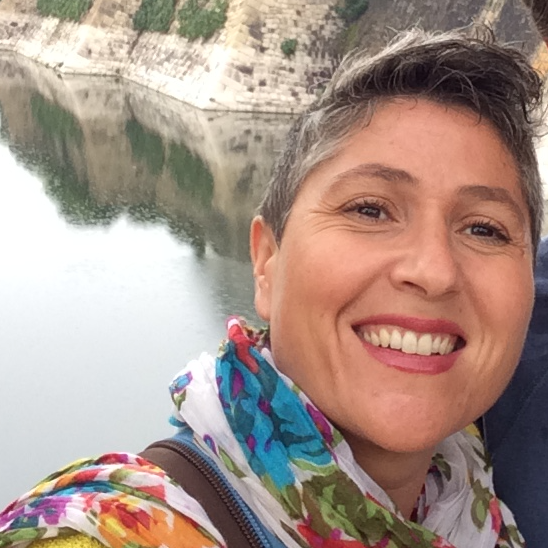
Claudia d'Amato
Computer Science Department
University of Bari (IT)
Short Bio
Claudia d’Amato is a research assistant (in tenure track for associate professorship) at the University of Bari – Computer Science Department. She obtained her PhD in 2007 from the University of Bari, Italy, defending the thesis titled “Similarity Based Learning Methods for th Semantic Web. She pioneered the research on Machine Learning methods for ontology mining that still represents her main research interest. She is member of the editorial board of the Semantic Web Journal and the Journal of Web Semantics. She served/is serving as Program Chair at ISWC 2017, ESWC 2014, Vice-Chair at ISWC’09, Journal Track chiar at WWW 2018, Machine Learning Track Chair at ESWC’12-’13-’16-’17 and PhD Symposium chair at ESWC’15. She served/is serving as a program committee member of a number of international conferences in the area of Artificial Intelligence, Machine Learning and Semantic Web such as AAAI, IJCAI, ECAI, ECML, ISWC, WWW, ESWC.
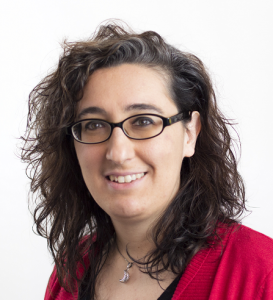
Irene Celino
Cefriel
Milano (IT)
Short Bio
Irene Celino is the Head of the Knowledge Technologies research group at Cefriel. Her research activities cover two main trends: Human Computation (human-in-the-loop machine learning, citizen science, crowdsourcing, games with a purpose) and Semantic Web (linked data management, semantic interoperability, data/service discovery), with focus on the application of such technologies to the development of web applications and games, especially in Smart City and Communities scenarios. She has more than a decade of experience in cooperative research projects, both at National/Regional level and at European level within FP6, FP7, H2020 and EIT Digital. She is author of more than 70 scientific publications in peer-reviewed journals, books and conferences. With her team, she won the Semantic Web Challenge in 2011 and 2015, the AI Mashup Challenge in 2011 and the Big Data Challenge in 2014.
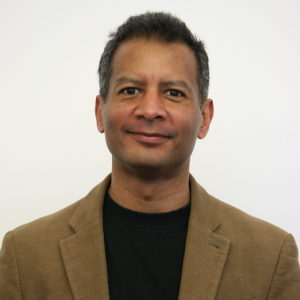
John Domingue
KMi, Open University and
President of STI International (UK)
Short Bio
Prof. John Domingue is the Director of the Knowledge Media Institute at The Open University and the President of STI International, a semantics focused networking organization. He has published over 250 refereed articles in the areas of semantics, the Web and eLearning. His current work focuses on how blockchains (which underpins Bitcoin) can enhance educational value eco systems (see http://blockchain.open.ac.uk/) and its relationship to Linked Data. He currently serves as: the OU representative to W3C; the Chair of the Steering Committee for the ESWC Conference Series and the Project Coordinator for the European Data Science Academy.

Michel Dumontier
Maastricht University
(NL)
Short Bio
Dr. Michel Dumontier is a Distinguished Professor of Data Science at Maastricht University. His research focuses on the development of computational methods for scalable integration and reproducible analysis of FAIR (Findable, Accessible, Interoperable and Reusable) data. His group combines semantic web technologies with effective indexing, machine learning and network analysis for drug discovery and personalized medicine. Previously at Stanford University, Dr. Dumontier now leads a new inter-faculty Institute for Data Science at Maastricht University that is thematically aligned to accelerating scientific discovery, improving health and well-being, and strengthening communities. He is a Principal Investigator in the Dutch National Research Agenda, for NIH/NCATS Biomedical Data Translator, and the NIH Data Commons. He is a co-founder of the FAIR (Findable, Accessible, Interoperable, Re-usable) initiative, and is the scientific director for Bio2RDF, an open source project to generate Linked Data for the Life Sciences. He is the editor-in-chief for the journal Data Science and an associate editor for the journal Semantic Web. He is internationally recognized for his contributions in bioinformatics, biomedical informatics, and semantic technologies.
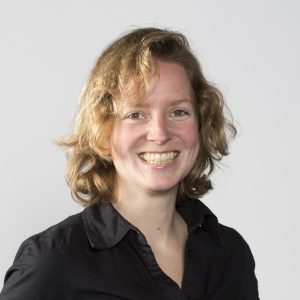
Marieke van Erp
DHLab, KNAW Humanities Cluster
(NL)
Short Bio
Marieke van Erp leads the Digital Humanities Lab at the KNAW Humanities Cluster in Amsterdam, the Netherlands. She holds a PhD in computational linguistics from Tilburg University where she applied digital humanities methods on historic textual sources from the Naturalis Biodiversity Center. Her research focuses on semantic analysis of text to extract entities and events. She worked in the Semantic Web group and Computational Lexicology and Terminology Lab at Vrije Universiteit Amsterdam on bringing together the fields of natural language processing and semantic web.

Aldo Gangemi
University of Bologna and
National Research Council (IT)
Short Bio
Aldo Gangemi is full professor at University of Bologna, and associate researcher at Italian National Research Council, Rome. He has co-founded the Semantic Technology Lab at ISTC-CNR. His research focuses on Semantic Technologies as an integration of methods from Knowledge Engineering, the Semantic Web, Linked Data, Cognitive Science, and Natural Language Processing. His theoretical interests concentrate upon the representation and discovery of knowledge patterns from data, ontology, natural language, and cognition, across multiple application domains. He has published more than 200 papers in international peer-reviewed journals, conferences and books, and seats as EB member of Semantic Web, Applied Ontology, and Web Semantics journals.
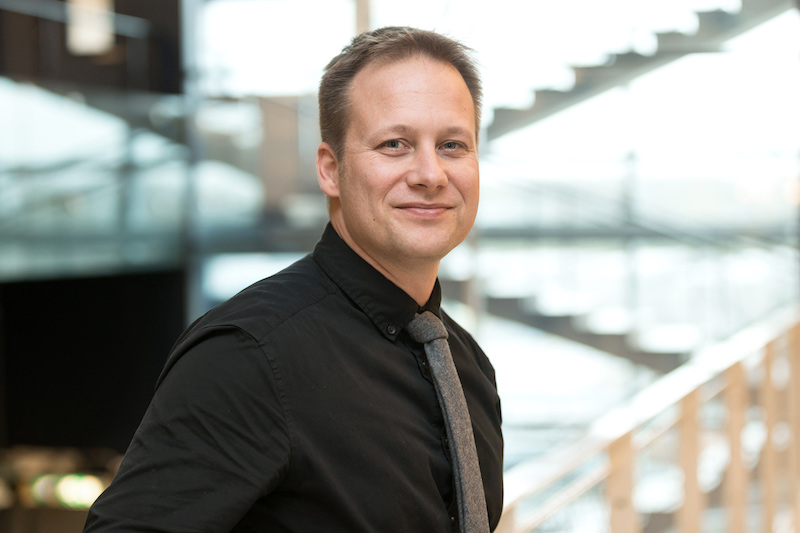
Paul Groth
Intelligent Data Engineering Lab
University of Amsterdam (NL)
Short Bio
Paul Groth is Professor of Algorithmic Data Science at the University of Amsterdam where he leads the Intelligent Data Engineering Lab (INDElab). He holds a Ph.D. in Computer Science from the University of Southampton (2007) and has done research at the University of Southern California, the Vrije Universiteit Amsterdam and Elsevier Labs. His research focuses on intelligent systems for dealing with large amounts of diverse contextualized knowledge with a particular focus on web and science applications. This includes research in data provenance, data integration and knowledge sharing.
Previously, Paul led the design of a number of large scale data integration and knowledge graph construction efforts in the biomedical domain. Paul was co-chair of the W3C Provenance Working Group that created a standard for provenance interchange. He has also contributed to the emergence of community initiatives to build a better scholarly ecosystem including altmetrics and the FAIR data principles.
Paul is co-author of “Provenance: an Introduction to PROV” and “The Semantic Web Primer: 3rd Edition” as well as numerous academic articles.

Andrea Nuzzolese
STLab-ISTC, National Research Council
(IT)
Short Bio
Andrea Giovanni Nuzzolese is a Researcher at the Semantic Technology Laboratory (STLab) of the National Research Council (CNR) in Rome, Italy. He received a PhD in Computer Science in 2014 from the University of Bologna (Italy). His research interests concern Knowledge Extraction, Ontology Design Patterns, Linked Data and Semantic Web. He has been a researcher in the EU funded project IKS (Interactive Knowledge Stack) and a main developer of Apache Stanbol software stack, which provides a set of reusable components for semantic content management. He has published scientific papers in international journals and conferences.
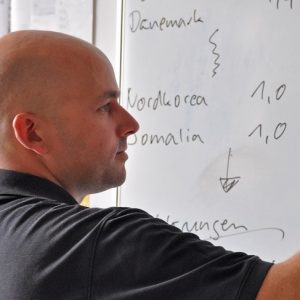
Heiko Paulheim
University of Mannheim
(GER)
Short Bio
Heiko holds the chair for Data Science at University of Mannheim. His research topics include the creation of large Semantic Web Knowledge Graphs and their use in intelligent applications, as well as ontology matching and learning, intelligent user interfaces for linked data. He leads the development of the RapidMiner Linked Open Data extension, a toolkit for using LOD in Data Mining. For DBpedia, he is working on automatic methods for filling missing statements and removing erroneous statements with heuristic methods. Heiko has co-organized various workshops, including the Know@LOD (Knowledge Discovery meets Linked Open Data) and the LD4IE (Linked Data for Information Extraction) series, has been part of the organizing committee at ISWC and ESWC in various roles, and served as a PC member at major conferences in the field, such as ISWC, ESWC, ACM Hypertext, AAAI, ECAI, WIMS, and I-SEMANTICS, among others.
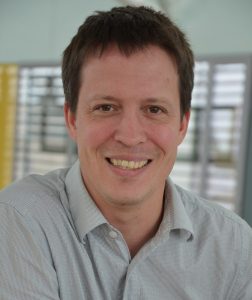
Axel Polleres
Vienna University of Economics and Business (AT)
Short Bio
Axel Polleres heads the Institute of Information Business of Vienna University of Economics and Business (WU Wien) which he joined in Sept 2013 as a full professor in the area of “Data and Knowledge Engineering”. Since January 2017 he is also a member of the Complexity Science Hub Vienna Faculty.Between January and June 2018, he has been appointed as visitng professor at Stanford University under the Distinguished Visiting Austrian Chair Professors program hosted by The Europe Center in the Freeman Spogli Institute for International Studies at Stanford. He obtained his Ph.D. and habilitation from Vienna University of Technology and worked at University of Innsbruck, Austria, Universidad Rey Juan Carlos, Madrid, Spain, the Digital Enterprise Research Institute (DERI) at the National University of Ireland, Galway, and for Siemens AG’s Corporate Technology Research division before joining WU Wien. His research focuses on querying and reasoning about ontologies, rules languages, logic programming, Semantic Web technologies, Web services, knowledge management, Linked Open Data, configuration technologies and their applications. He has worked in several European and national research projects in these areas. Axel has published more than 100 articles in journals, books, and conference and workshop contributions and co-organised several international conferences and workshops in the areas of logic programming, Semantic Web, data management, Web services and related topics and acts/acted as editorial board member for JWS, SWJ and IJSWIS. Moreover, he actively contributed to international standardisation efforts within the World Wide Web Consortium (W3C) where he co-chaired the W3C SPARQL working group.
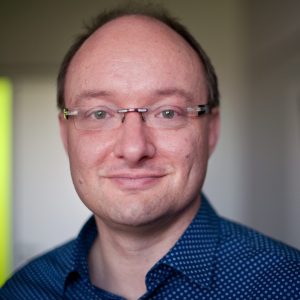
Sebastian Rudolph
Computational Logic Group,
TU Dresden (GER)
Short Bio
Sebastian obtained a PhD in Mathematics from TU Dresden in 2006, before joining Rudi Studer’s Knowledge Management Group in Karlsruhe, where he received his habilitation in Computer Science in 2011. Since 2013, he is a full professor for computational logic at TU Dresden. His main research interests comprise Artificial Intelligence (especially Knowledge Representation and Reasoning), Database Theory, NLP and others.
Research stays have lead Sebastian to places as diverse as Oxford, Montpellier, Rennes, Santiago de Chile and Vienna. Sebastian co-authored several textbooks on Semantic Web technologies. He recently received an ERC Consolidator Grant to support his research on the decidability boundaries of logic-based Knowledge Representation.
Assistant Tutors
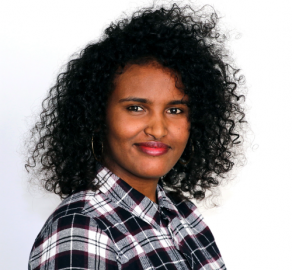
Genet Asefa Gesese
FIZ Karlsruhe & Karlsruhe Institute of Technology (AIFB), (GER)
Short Bio
Genet Asefa Gesese is a PhD student/Junior researcher at the Information Service Engineering group at FIZ Karlsruhe and Karlsruhe Institute of Technology (KIT), Institute of Applied Informatics and Formal Description Methods (AIFB). She has a Bachelor’s degree in computer science from Hawassa University, Ethiopia and M.Sc. degree in computer science from Addis Ababa University, Ethiopia. She also received a masters degree in Computational Logic from Dresden University of Technology, Germany. Her research interests include NLP, Knowledge graph, Semantic web, and Machine learning.
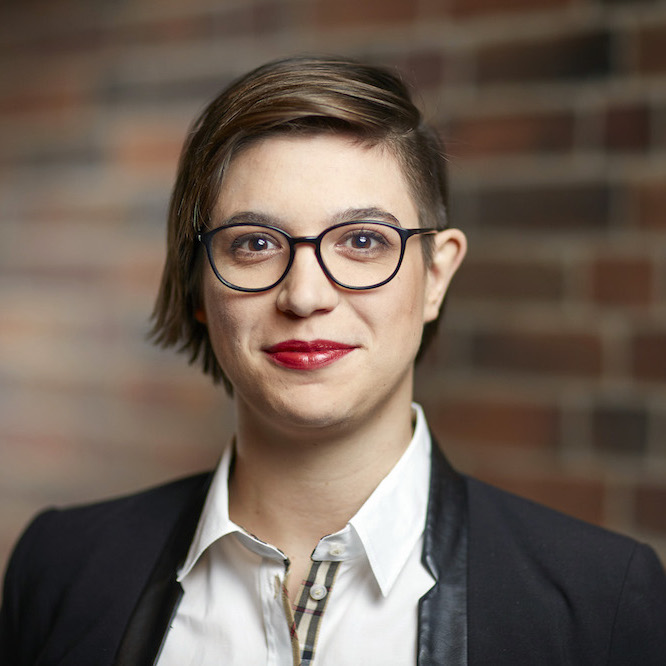
Tabea Tietz
FIZ Karlsruhe & Karlsruhe Institute of Technology (AIFB), (GER)
Short Bio
Tabea Tietz is Junior Researcher at the Information Service Engineering group at FIZ Karlsruhe and Karlsruhe Institute of Technology (KIT), Institute of Applied Informatics and Formal Description Methods (AIFB). From 2015 to 2017, Tabea was Research Assistant at the ‘Semantic Technologies and Multimedia Retrieval’ department at Hasso Plattner Institute in Potsdam. Her research interests include the application of semantic technologies to cultural heritage data and social sciences, digital humanities, semantic (semi-)automated text annotation, visualizations, and research data management.